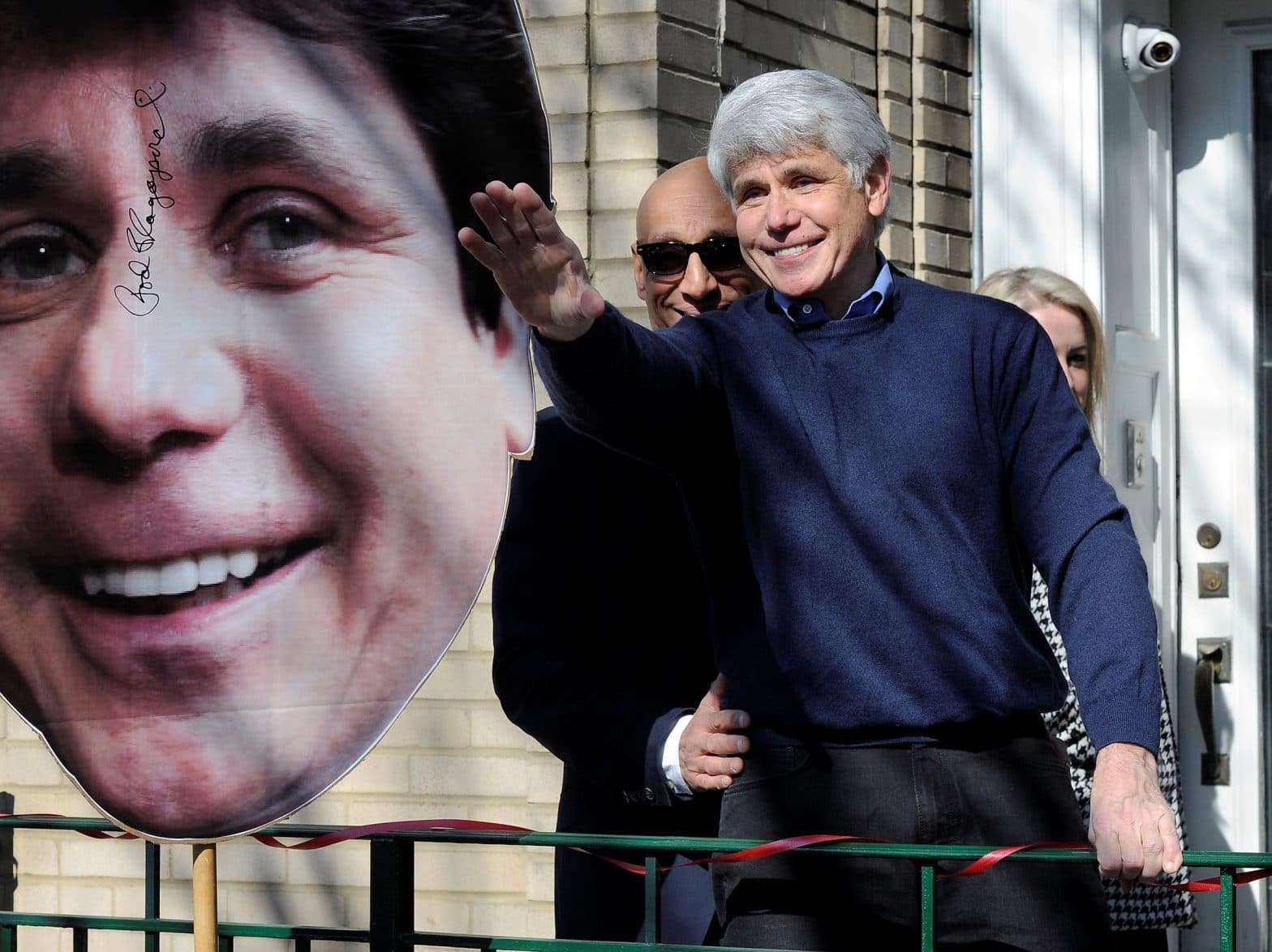Proposal in Congress Would Revise Procedures for Presidential Clemency

WASHINGTON – President Donald Trump showed favoritism when he granted clemency last month to 11 high profile convicted felons, according to lawmakers and witnesses at a congressional hearing Thursday.
They testified while a House Judiciary subcommittee is considering proposals that would revise the procedures for the president to decide which convicts get released from prison or from their criminal records.
Trump granted the clemency to high-profile persons from the political, sports and business fields whose convictions made regional or national news. They included Wall Street financier Michael R. Milken, former Illinois governor Rod R. Blagojevich and top federal procurement officer David Safavian.
Among critics of his clemency decision was Democratic Senator Elizabeth Warren, who pledged to reform the pardon procedures if she was elected president. She dropped out of the race Thursday.
She and other Democrats said Trump was too willing to grant clemency to a small number of well-connected persons but that he overlooked thousands of other convicts serving unfair sentences. The critics most commonly cite mandatory minimum and stiff sentences for minor drug offenses as being unjust.
“With President Trump, I’m afraid that we’ve received a new low when it comes to the clemency power in terms of the number of petitions he has granted, his seemingly self-interested motivations for his clemency decisions, his unwillingness to use a systematic, transparent, objective process for considering clemency petitions,” said U.S. Rep. Steve Cohen, a Tennessee Democrat and chairman of the subcommittee on the Constitution, Civil Rights, and Civil Liberties.
One legislative proposal would remove authority for clemency from the Justice Department and transfer it to a special board that makes recommendations to the president.
Currently, the Justice Department’s Office of the Pardon Attorney reviews cases before sending recommendations to the U.S. deputy attorney general, who makes a second review before forwarding them to the White House. Article 2 of the Constitution gives the president broad authority to grant clemencies in criminal cases.
Cynthia Roseberry, an American Civil Liberties Union deputy director for national policy, said the clemency petitions of prisoners are decided through “secretive deliberations.”
“The clemency process must be completely independent of the system employed to incarcerate millions of people,” Roseberry said.
She recommended the appointment of “an independent commission” to review clemency using set criteria and operating openly with representatives that include former offenders, members of the public, corrections officials and others.
Similar provisions are included in the Next Step Act pending in Congress. It was introduced by Sen. Cory Booker, a New Jersey Democrat, on March 7, 2019.
Rachel Barkow, a New York University Law School professor, said Congress’ decision in 1984 to eliminate parole resulted in many inmates languishing in prison unfairly, even when they deserve to be released.
Clemencies should be used more widely to handle their cases, she said.
However, the Trump administration has granted clemencies for only a minimal number of their petitions, particularly among convicts lacking political power, Barkow said.
Instead, “a large proportion have gone to presidential supporters and those with connections to him,” she said.
One of the most common cases of alleged favoritism was demonstrated toward Blagojevich, who Trump described as “a nice guy” after he appeared on the president’s former prime time television show. Blagojevich was removed from office as governor and convicted on corruption charges after soliciting bribes for political appointments.
He was sentenced to 14 years in federal prison. He had six years remaining on his prison term when Trump commuted his sentence on Feb. 18.
Trump has repeatedly said he wants to reform the criminal justice system, such as excessive sentences given to minorities. He said he followed “recommendations” when he granted the clemencies last month but did not explain the source of them.






















